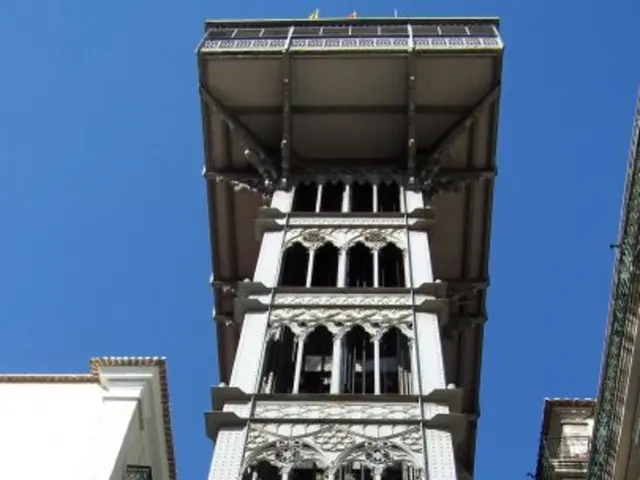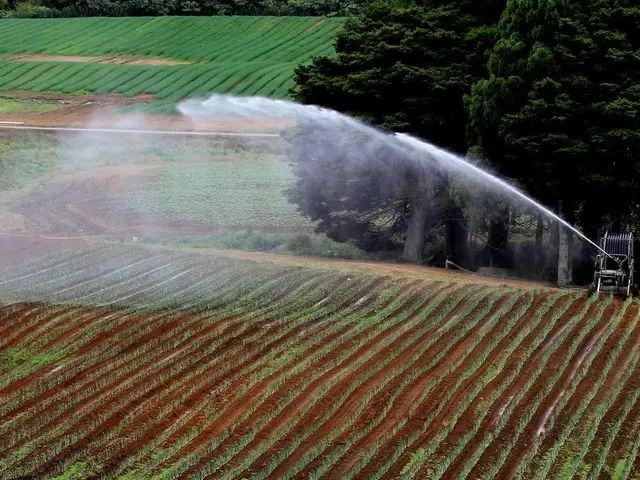Ecological Conversion of Ilva Plants in Taranto: A Step Forward, But Questions Remain
Agreement Reached at Mimit on Decarbonising Ex Ilva Taranto Steel Plants
The ecological conversion of the former Ilva plants in Taranto, Italy, is moving forward with a recent agreement aimed at decarbonization. However, there are still uncertainties about the project's progression and implications for the local community [1].
The agreement, signed by various ministries, regional authorities, and the companies involved, outlines a commitment to the full decarbonization of the Taranto site, requiring the shutdown of coal-fueled hot areas [2]. It also emphasizes the protection of employment as an indispensable principle and promises to increase resources for environmental monitoring [3].
The agreement further commits to strengthening research and study activities through the 'Mediterranean Institute for Sustainable Development', integrating with the research laboratories of Acciaierie d'Italia S.p.A. [3]. New prospects for the reindustrialization of free areas will be examined, adhering to the guidelines of the 'Taranto table' [4].
To mitigate potential negative effects on employment during the green transition of the steelworks, passive and active labour market policies will be evaluated [5]. This includes ongoing discussions with trade union associations. Additionally, possible measures in favour of the owners of buildings in the Tamburi neighbourhood will be evaluated, including streamlining of procedures and the refinancing of the fund [6].
The agreement also includes a reference to the protection of health and the planned strengthening of the local healthcare network [3]. However, no timeline for the ecological conversion of the Ilva plants' site has been established.
A meeting is scheduled for after September 15, where parties involved will address outstanding issues and potentially outline a clearer plan for the ecological conversion. The outcome of this meeting will be crucial for defining the path forward and addressing concerns about job protection and environmental impact [1].
While the agreement marks a significant step forward, the exact timeline, specific plans for Direct Reduced Iron (DRI) pre-reduction plants, and the location of these plants remain uncertain and are key areas of focus for the future of the former Ilva plants [1].
The local community and worker representatives are seeking ongoing dialogue and transparency in decision-making processes. Ensuring that workers are involved in the transition is deemed essential for a fair and sustainable transformation [1].
References: [1] La Repubblica [2] ANSA [3] Il Sole 24 Ore [4] Il Fatto Quotidiano [5] La Gazzetta del Mezzogiorno [6] Il Giornale
Read also:
- Finance Management Organization (FMO) secures €130 million syndicated loan for QNB Leasing in Turkey
- Industrial blasts at US Steel facility in Pennsylvania claim one life, one person is unaccounted for, and ten individuals suffer injuries
- Trump administration's claim that responsible investing harms business practices has been refuted, as New York City Comptroller Lander affirms that the city's investment professionals have demonstrated otherwise.
- Marine Protected Area of Apo Island








